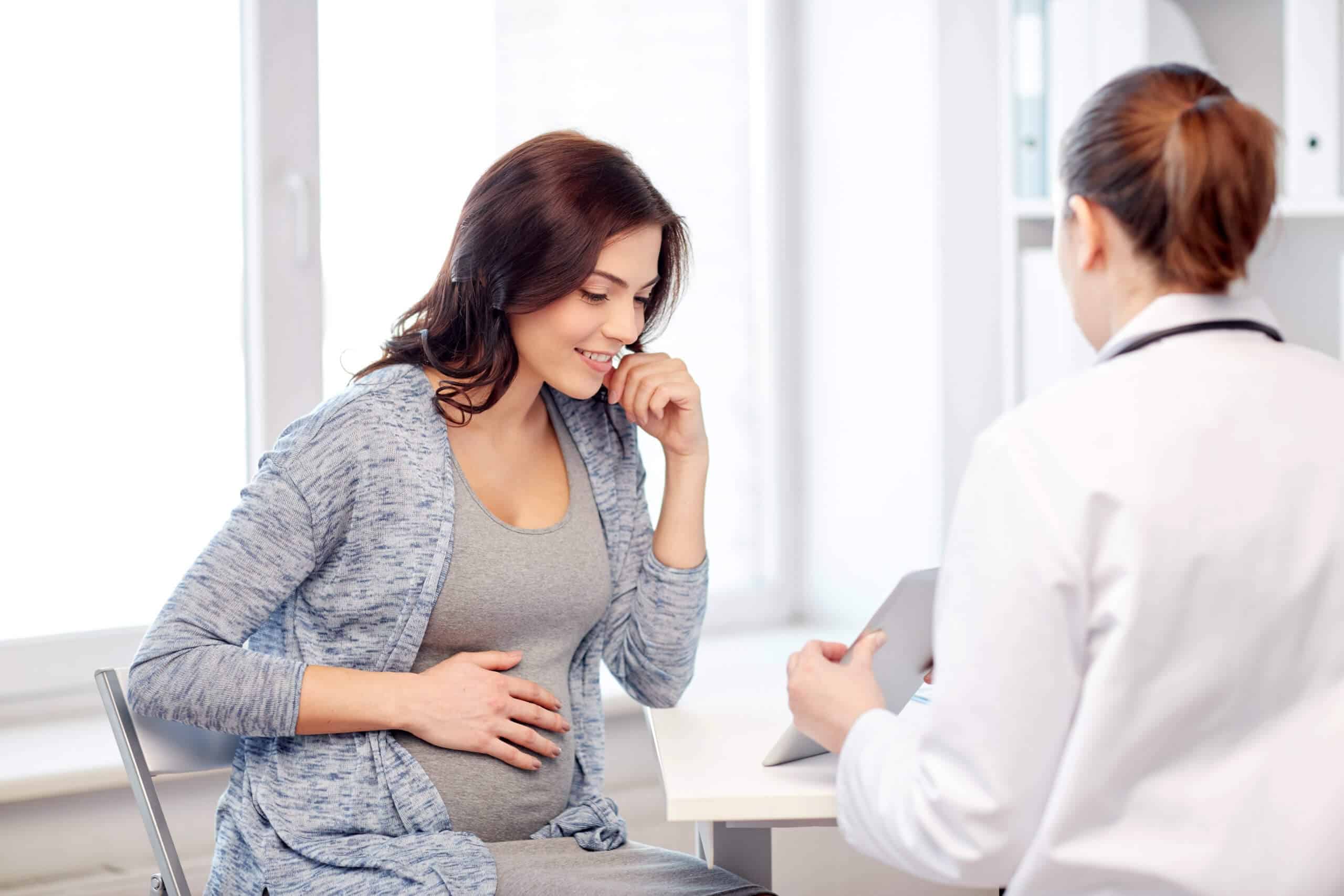Exercise plays a crucial role in maintaining overall health, and its impact on fertility is increasingly being studied. Research suggests that moderate physical activity can positively affect egg quality and fertility, while excessive exercise may have detrimental effects. Understanding the balance between beneficial and harmful levels of exercise is essential for women looking to enhance their reproductive health.
Benefits of Moderate Exercise
Moderate exercise can enhance blood flow to the reproductive organs, improve hormone regulation, and reduce inflammation, all of which are important for healthy ovulation and egg quality. Physical activity helps maintain a healthy weight, which is a critical factor in fertility. Both obesity and being underweight are linked to hormonal imbalances that can impair egg production. Regular moderate exercise, such as walking, swimming, or light jogging, helps maintain an optimal body mass index (BMI), promoting better reproductive outcomes.
Additionally, exercise helps reduce stress, which is often linked to fertility issues. High levels of stress can lead to elevated cortisol, a hormone that interferes with the balance of reproductive hormones like estrogen and progesterone. By incorporating moderate physical activity into their routine, women can mitigate the negative impact of stress on fertility.
Exercise and Hormonal Balance
Hormonal balance is critical for reproductive health, and exercise has a direct effect on regulating hormones such as insulin, which, when imbalanced, can lead to conditions like polycystic ovary syndrome (PCOS). PCOS is one of the leading causes of infertility and is characterized by irregular menstrual cycles and poor egg quality. Regular exercise improves insulin sensitivity, which helps regulate menstrual cycles and promotes ovulation.
Physical activity also boosts the production of endorphins, which not only improve mood but may also have a positive effect on the body’s reproductive system by creating a more favorable hormonal environment for egg maturation.
The Risks of Excessive Exercise
While moderate exercise is beneficial, excessive physical activity can have the opposite effect on fertility. Intense workouts can lead to a disruption in the menstrual cycle, reducing the chances of ovulation. Excessive exercise can increase cortisol levels, which negatively impacts reproductive hormones. In some cases, overtraining can lead to hypothalamic amenorrhea, a condition where menstruation stops due to low body fat and the hormonal imbalances caused by extreme physical activity.
Women who engage in high-intensity endurance sports, such as marathon running or professional athletic training, may experience a reduction in fertility due to the toll it takes on the body. For women trying to conceive, it’s essential to find a balanced exercise routine that promotes health without overtaxing the body.
Finding the Right Balance
For women looking to improve their egg quality and overall fertility, the key is to strike a balance. A combination of cardiovascular exercise, strength training, and relaxation activities like yoga can help maintain a healthy body weight, reduce stress, and promote hormonal balance without the risk of overexertion.
Ultimately, individual needs vary, and women should consult healthcare providers to tailor an exercise plan that suits their specific fertility goals. Maintaining an active lifestyle in moderation can be an effective way to improve egg quality and increase the chances of conception.
